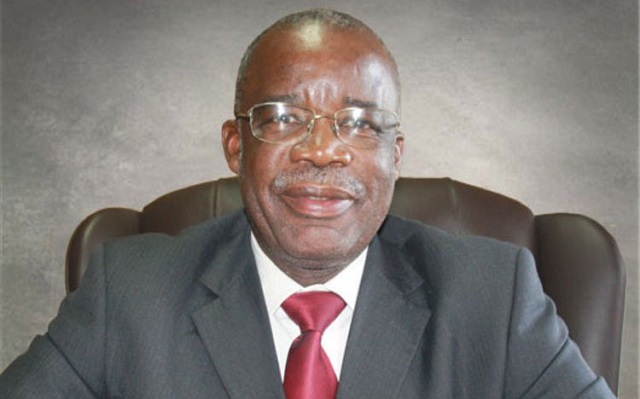Colleges told to adapt to technological changes

Prince Sunduzani, Chronicle Reporter
INDUSTRIAL training colleges should adapt to technological changes in order for them to survive, a Government official has said.
In a speech read on his behalf by the Director of Quality Assurance and Standards in the Ministry of Higher and Tertiary Education, Science and Technology Development, engineer Sabastian Marume during Westgate Industrial Training College (WITC) graduation ceremony in Bulawayo on Friday, the Ministry’s permanent Secretary, Professor Francis Gudyanga said industrial colleges and industry must enter into partnerships to keep up with technological trends.
Prof Gudyanga said human resources requirements are dynamic hence Government is in the process of re-aligning the education system from ECD to university level in order to make it relevant to the emerging digital economy which seeks to generate rapid output and employment growth while alleviating poverty and reducing income inequalities’.
“Technology continues to evolve every minute and the industrial training colleges need to adapt or die. Synergies need to be crafted and strengthened between industrial colleges and other technical partners so as to provide today’s students with skills that are relevant to today’s industrial needs,” he said.
Professor Gudyanga said public and private partnerships would ensure that colleges are not left behind in the technology revolution.
He said provision of Computer Aided Designing will enhance the ability of students to be innovative and design products that meet industrial needs.
“The days of manually operated machines are over and the ability to operate Computer Numerically Controlled machines (CNC) has become a basic necessity”, said Prof Gudyanga.
He implored colleges to enrol more female students into fields that were once male dominated.
“There should be more female graduates than yesteryear. I would like to hasten and say gender equality generally does not only mean 50 percent of women representation in programmes, but also means adjusting or setting productive outputs towards lessening the burden of women in society,” said Prof Gudyanga.
He said female students have proven to be as competent as their male counterparts and at times better. A total of 217 students graduated in Automotive, Electrical and Mechanical Engineering. — @PrinceNkosy102











Comments